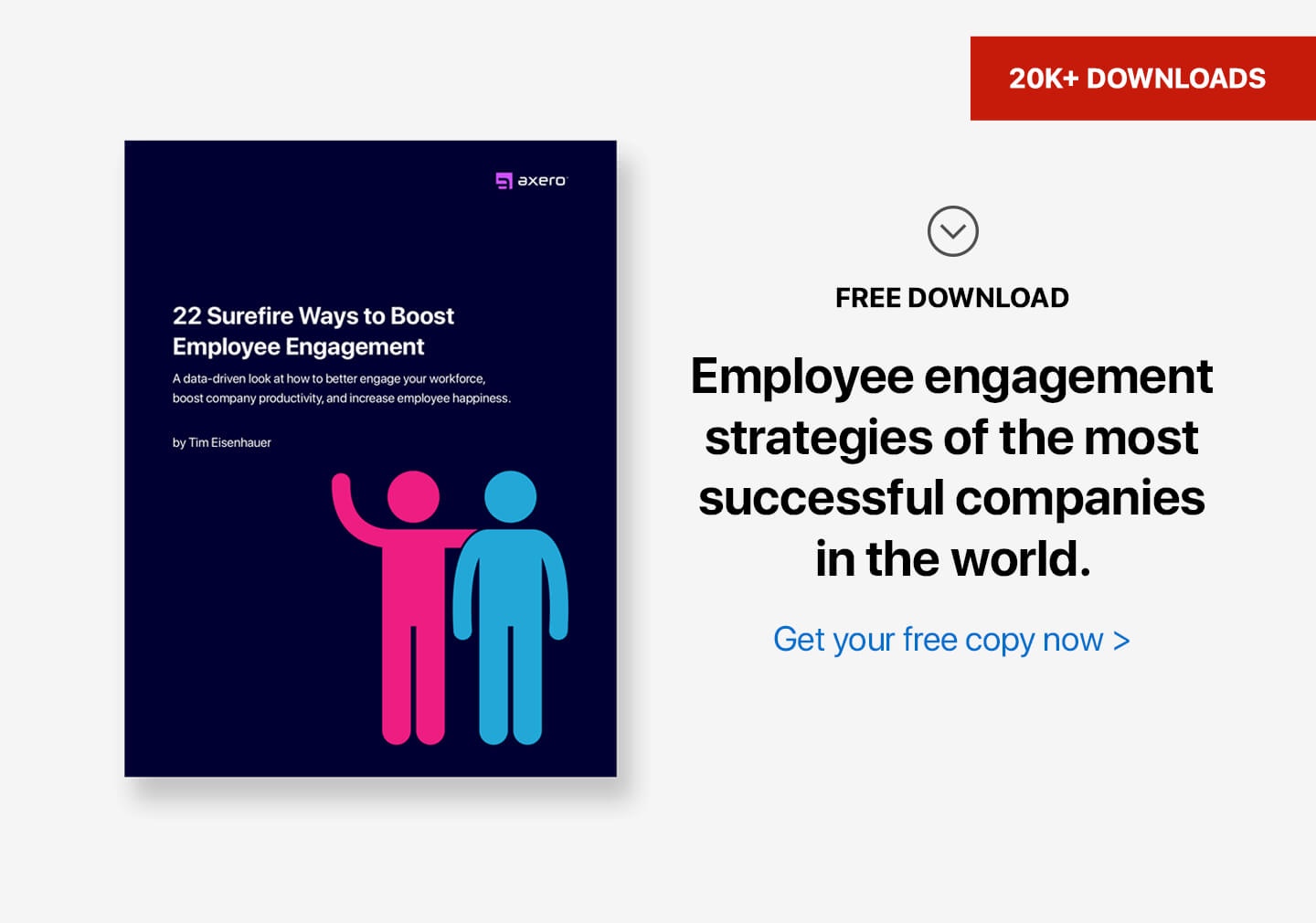A few unhappy disengaged employees.
— Office Manager
This challenge came from a real estate office in Hawaii. At first, I was shocked. If those employees are unhappy, what hope is there for the rest of us? Then it dawned on me that only in an upbeat workplace would a few unhappy employees stand out.
Whew! Things are still okay in Hawaii, at least real-estate-wise. Should this office manager be thankful that her unhappy employees are an exception rather than the rule? Or should she be alarmed about a potential threat to customers and other employees?
Last night, I watched an episode of Shark Tank. Okay, two episodes. I’m addicted to this show, in part because I can’t always tell how the sharks will respond. Half of the time I get it right, and half of the time I’m wrong.
Last night I was wrong both times. First, a woman came on. She had invented a product that didn’t seem all that useful. Her sales were pitiful, and she had been having manufacturing issues. Predictably, the sharks were not interested. She cried, which also happens every other episode. Then something strange took place. Lori, who had already said she was out, changed her mind and gave the woman the exact deal she was asking for: $65K for 30% of her company.
Kevin, Mr. Wonderful, asked Lori why she didn’t take 51% of the business; why not have full control? The owner was desperate and would have agreed to any terms. “Do you want me run out and fix it for you?” he asked. But Lori, the toughest negotiator of the five sharks, said she was happy with the deal she made.
Next, two young guys waltzed into the studio rolling goofy plastic suitcases. They claimed their suitcases could do something no other product could. They were asking for loads of cash for a tiny stake in the business. The conversation started predictably, with the sharks laughing at their valuation. And again, it ended on a whole different note. The owners got the cash they asked for from not just one, but two sharks, Lori and Robert. A third shark—Mr. Wonderful—tried to get in on the deal, but was booted out by Robert.
If you ask me, neither company was impressive. Both had prototype-stage products with some pros and some cons. Despite the obvious drawbacks, both sets of owners got spectacular deals from the sharks. In other words, they sold their stories to a highly selective and ruthless audience.
How?
There was something about the owners themselves that drew in the sharks. When the woman cried, it wasn’t just her disappointment that spoke to Lori. She saw that the owner was all in. That silly little product was her life. That’s why Lori didn’t need a controlling stake in the company. In fact, she was better off leaving the control to the original owner.
The suitcase inventors struck a similar cord. It wasn’t so much the product itself, but the way they defended it that won over the sharks. They had such unshakable faith in their suitcases that the sharks changed their tune and even came down substantially from their original offer.
For the lack of a better word, I would call the owners engaged—meaning an unwavering emotional commitment to their businesses. It showed itself in not just words but in body language and action. The suitcase guys offered to repay the sharks their entire investment in two years. The woman had overcome every obstacle that stood in the way of her business. She spoke about it with tears in her eyes after every shark had turned her down.
It also explains why the sharks sometimes walk away from better products. They trust nothing less than fanatical dedication. And why should they? They are not in the business of owner engagement. They are in the business of business.
There was one more trait that set the Shark Tank winners apart. They were happy. The woman laughed contagiously as she described her problems and her mistakes. Even as she was choking back her tears, she had so much pride in her work that she had to put it out there.
I know I am preaching to the choir. Most managers agree that employee engagement is huge. Or do they? Are they willing to walk away from an impressive resume because the passion is not there? Do they put their time into inspiring employees or turn it over to HR? We’re so used to seeing disengagement at work that sometimes we forget what we are leaving on the table.
I agree with this office manager that a few unhappy disengaged employees are too many. In a recent article, “How to Use Employee Engagement Secrets to Skyrocket Sales,” we talked about the importance of engaging customer-facing employees. I don’t know if you’ve ever seen a disengaged real estate agent. I have once or twice, and it’s not a pretty sight.
It may well be the office manager’s biggest challenge at work. And I hope she prioritizes it accordingly. In my book, Who the Hell Wants to Work for You?, I give twenty-three reasons employees disengage and what employers do to bring them back.
Of course, you can’t engage anyone without his or her consent. But don’t give up on your people until you fully understand their thinking. Otherwise, there’s no guarantee that the next person you hire will not turn out to be a dud.
I recommend doing what the sharks do. Raise the bar for happiness and engagement. Don’t look the other way when people show up for work with their minds occupied elsewhere. Tell them to take a day off or do whatever they need to do to get themselves together. Look for engagement not only when you hire people, but also when you delegate responsibilities and assign projects.
On the flip side, reward engagement. Be willing to meet the passionate employee halfway even if he or she doesn’t yet produce the results you want. Use their strengths and balance their weaknesses. Learn to take the right risks. The sharks seem to think that market uncertainties and learning curves are less risky than business partners without clear priorities.
The best way to reward an engaged employee is with career coaching, responsibility, and interesting work. If you want a couple of inspiring examples, take a look at Who the Hell Wants to Work for You?, Chapter 9, Support Career Development.
We’re all human. (At least until AI replaces us with robots.) Things can bring us down at any moment. However, there’s no reason for any employee to show up for work “unhappy and disengaged” day in and day out. Just as there is no reason for a manager to put up with it.
____
If you like to inspire your people, you might like my book, because it has an inspiring story for every day of the year. Enjoy!












